Walk-In Estimates Accepted No Appointment Needed.
What To Do If Your Car is Totaled
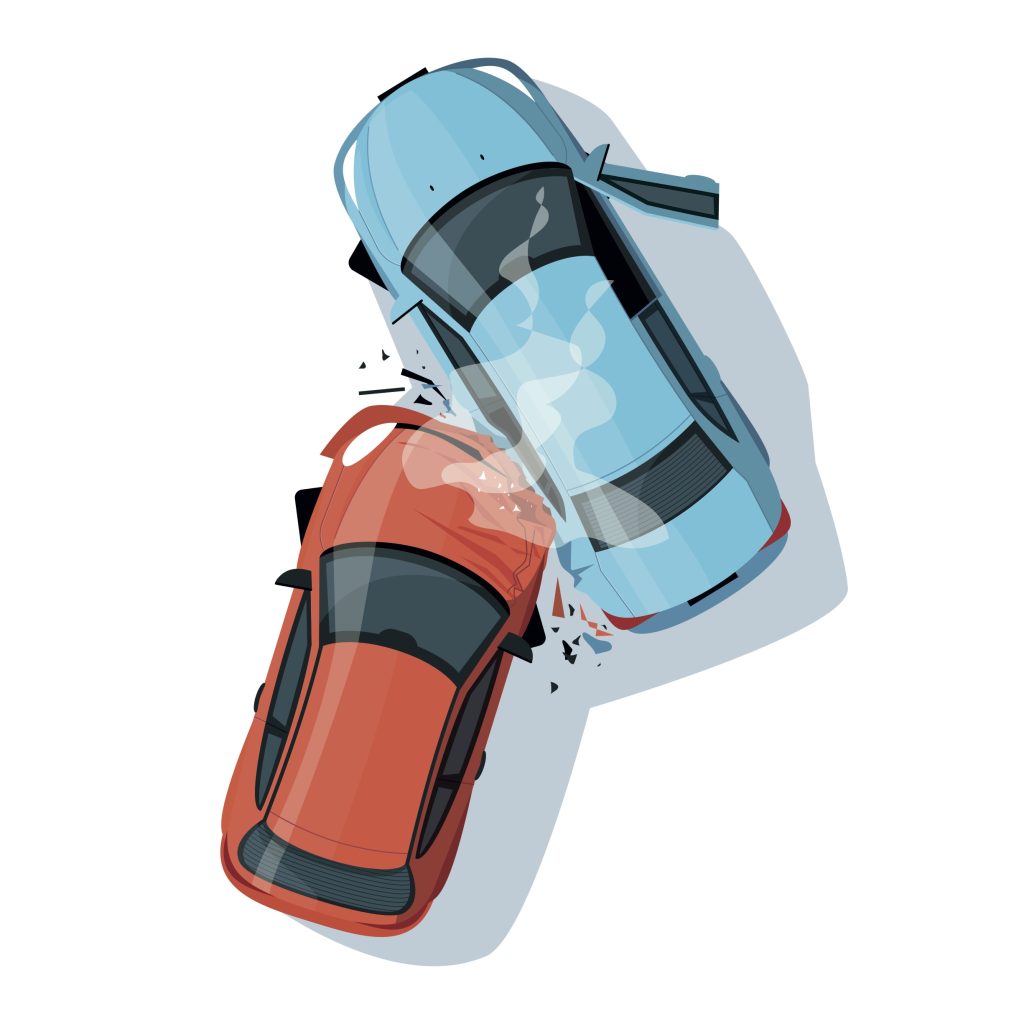
How to Deal With A Totaled Car
Are you dealing with a totaled vehicle and don’t know what to do next? Don’t worry, understanding the process of dealing with a totaled vehicle is not as complicated as it may seem. Having an understanding of how this works will help make sure that you get the best outcome possible for your situation. In this article, we’ll walk you through the process step by step so that you can confidently navigate the waters of getting back on track after an accident involving a total loss.
Think your car can be saved? Click here to schedule a free estimate in Louisville.
Is My Car Totaled Checklist:
Assessing Damage After an Accident
Assessing damage after an accident is a critical step in getting the necessary repairs and ensuring safety. First, inspect your vehicle for any visible signs of damage – dents, broken glass etc. Take pictures of all damaged parts to document the incident. Next, check underneath the car for signs of fluid leakage or other issues that might not be visible from outside. Make sure to note any changes in steering or braking performance as these could indicate more serious underlying problems. Finally, take your car to a qualified mechanic who can give you an accurate assessment of the extent of damage and recommend appropriate repair options.
Click here to learn more about the entire repair process.
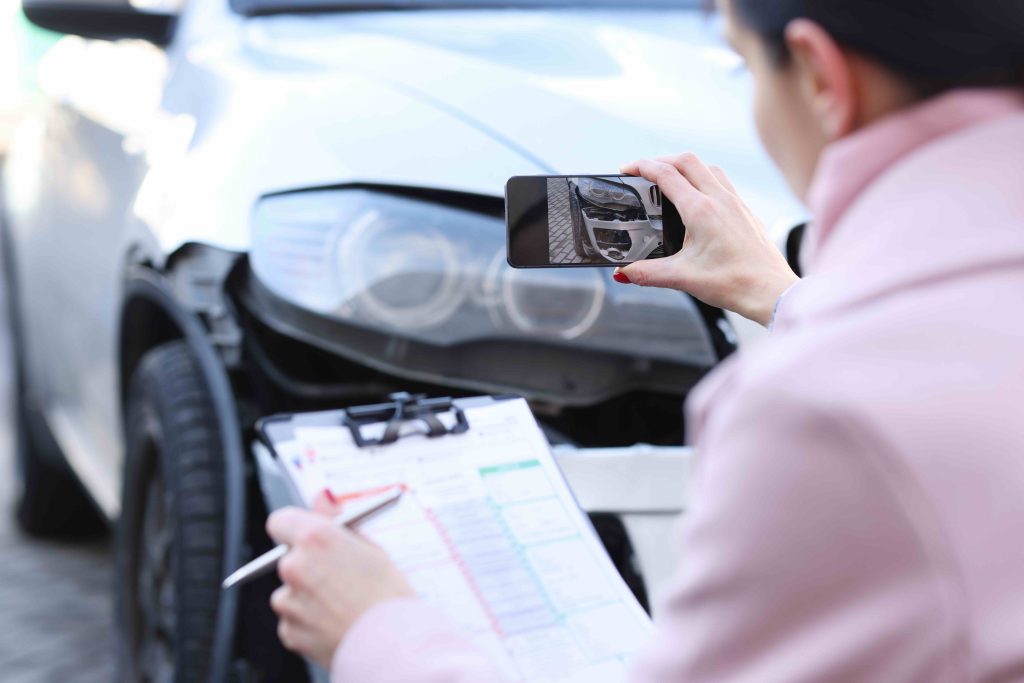
Determining Whether or Not Your Car is Totaled
Determining whether or not your car is totaled can be a difficult and frustrating process. First, you should contact your insurance provider to see if they will cover the cost of damages on the vehicle. Next, you’ll need to assess the extent of damage from an accident or other incident by taking pictures and obtaining estimates from repair shops. Finally, compare the estimated cost of repairs to the current value of your car — if it is greater than 75% of its actual cash value, then your car is likely considered “totaled” by insurance providers and you will receive money toward a replacement vehicle.
Click here to find a certified collision center in Louisville.
Working with the Insurance Company During the Claims Process
Working with an insurance company during the claims process can be a daunting task, but it doesn’t have to be. Start by gathering all of your documents related to the claim and contact your insurance provider as soon as possible. Be sure to keep detailed records throughout the process so you know what information was provided when. You should also remain patient and polite while dealing with representatives from the insurance company; they are likely just doing their job and trying to help you get your claim processed quickly. If you come across any complications or delays in processing, make sure that you reach out to them right away for assistance. Overall, if you take these steps into consideration working with a insurance company won’t be such a hassle!
Click here to learn more about insurances role in collision repair.
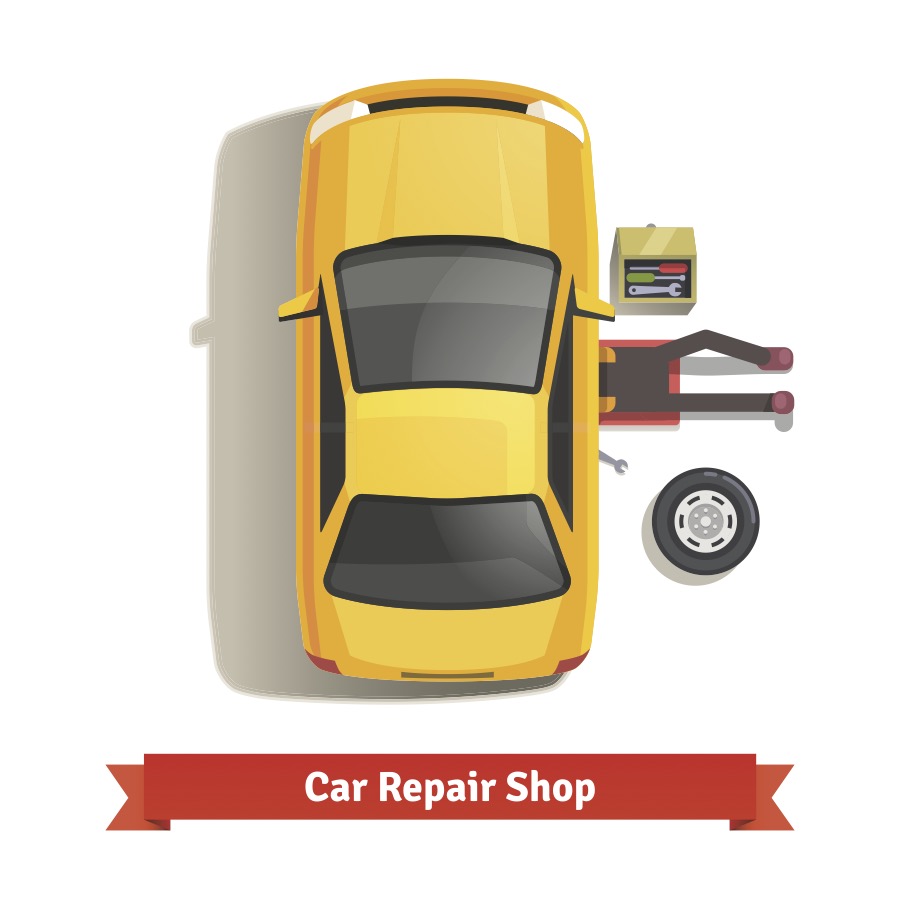
Figuring Out How Much Money You Will Receive for Your Totaled Vehicle
Figuring out how much money you will receive for your totaled vehicle can be a complicated process. First, you must find the fair market value of your vehicle before it was damaged or totaled. This is usually determined by looking at recent sales figures from other similar vehicles in the area and taking into account any differences between them such as age, mileage, options, etc. Once you have an estimate of what your car may have been worth prior to the accident, then you can subtract any costs associated with repairing or replacing parts that were damaged as part of the accident. Finally, deduct any fees associated with selling the vehicle from these amounts and this should give you a good idea of what kind of money to expect when it comes time to settle up on your totaled car.
Check out Kelley Blue Books Totaled Car Guide.
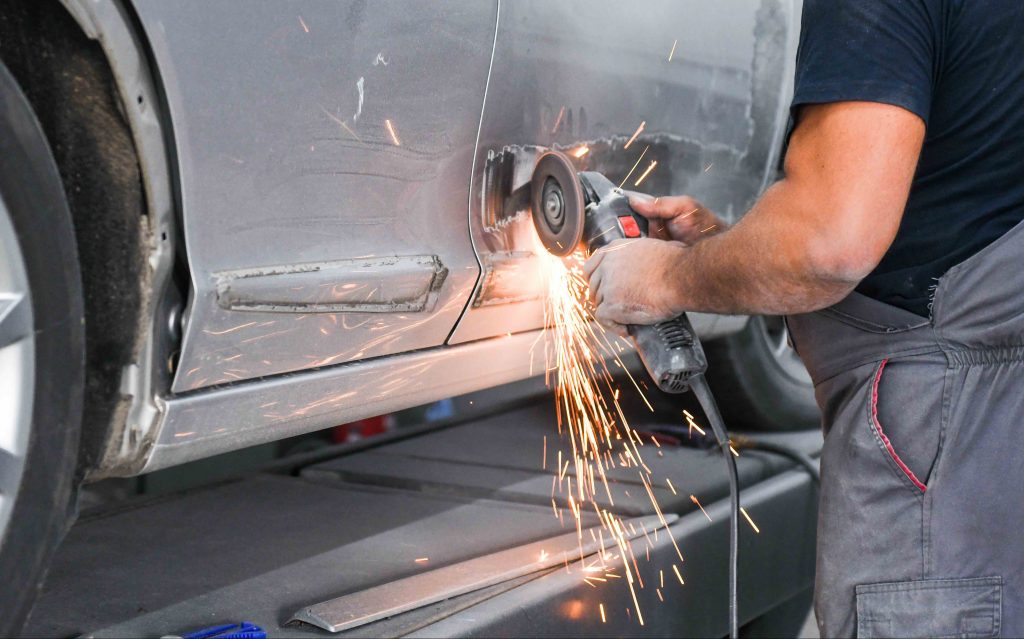
Finding a Replacement Vehicle and Calculating Costs
When it comes to finding a replacement vehicle and calculating its associated costs, the process can be overwhelming. First, consider your budget and needs when selecting a new car. Then, research cars that fit both criteria by researching online or visiting local dealerships. Once you’ve narrowed down your selection, compare prices and features between vehicles to get the best value for your money. Additionally, contact insurance companies to estimate how much it will cost to insure your selected vehicle before making any decisions. Lastly, calculate all potential costs such as taxes and registration fees so you know exactly what you’ll be paying upfront for the new car purchase. With these simple steps in mind, finding a replacement vehicle doesn’t have to be stressful!
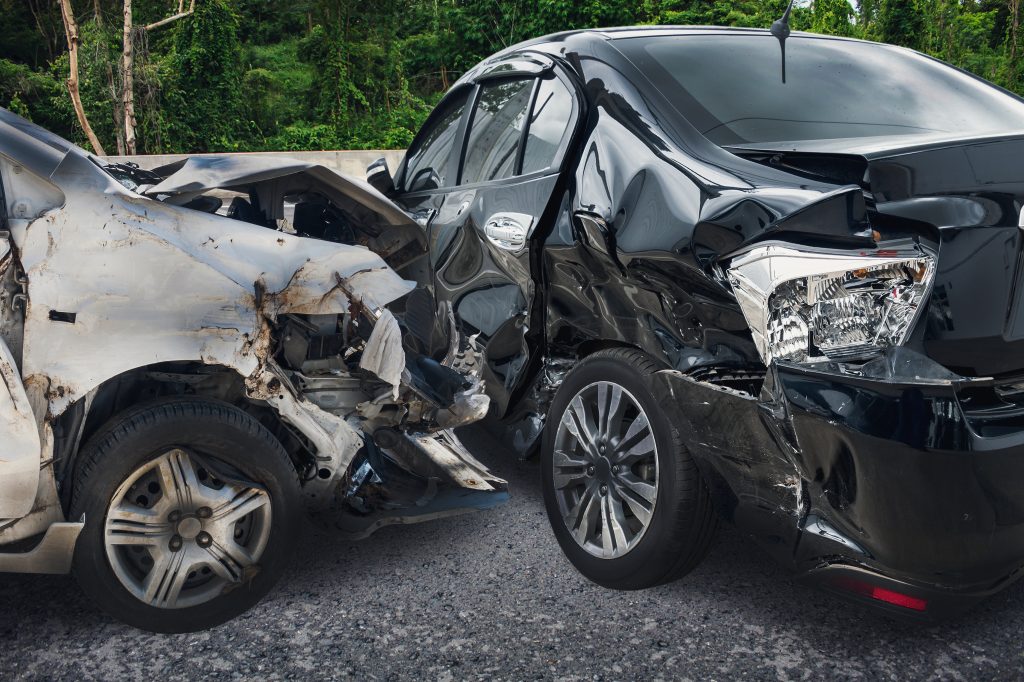
How to Value a Totaled Car
What Is A Totaled Vehicle?
A totaled vehicle is a term typically used by an insurance company to describe a car that has been damaged beyond repair. To determine if a vehicle is considered totaled, the cost of repairs must exceed its predetermined value or actual cash value (ACV). In other words, when it costs more money to fix the car than what it’s worth, then the insurer will declare it as “totaled.” Once this happens, most insurers will provide compensation equal to the ACV of your car and you can use the money to purchase another vehicle.
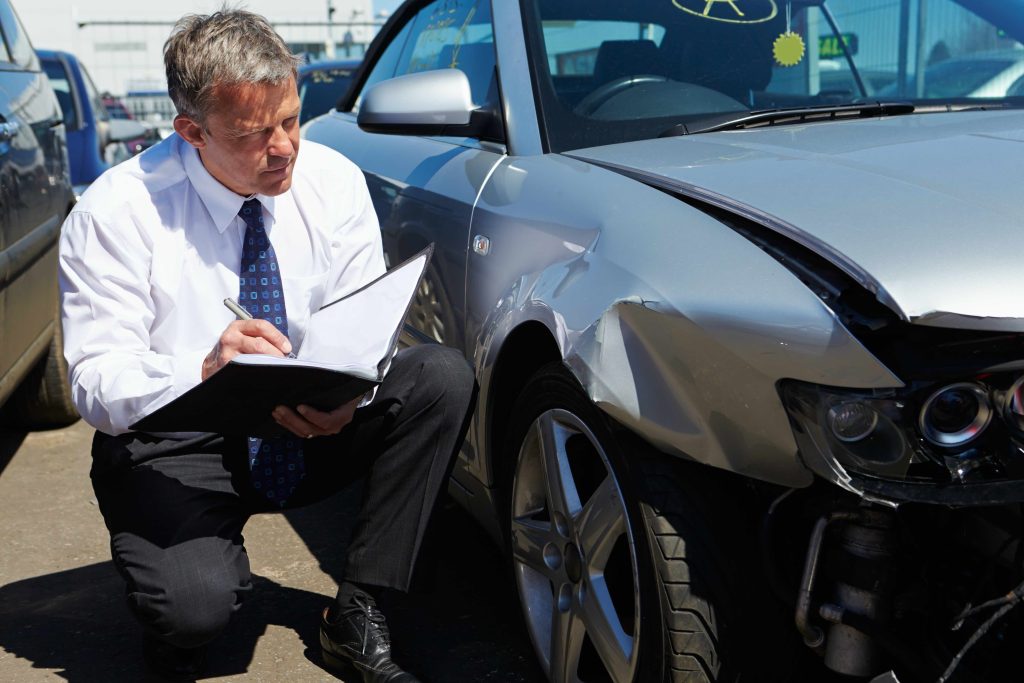
Factors That Determine the Value of a Totaled Vehicle
The value of a totaled vehicle is determined by several factors. These include the make and model year, the condition of the vehicle before it was damaged, its mileage, availability of spare parts and demand for those parts in the market. Additionally, insurance companies consider any salvageable parts that can be salvaged from a totaled car to determine its value. The location of the accident also plays an important role; vehicles located in rural areas may have lower values than those located in urban areas due to greater supply and demand. Ultimately these factors are used to help assess how much money an insurer will pay out for a totaled car or truck.
Click here to estimate the value of your totaled car.
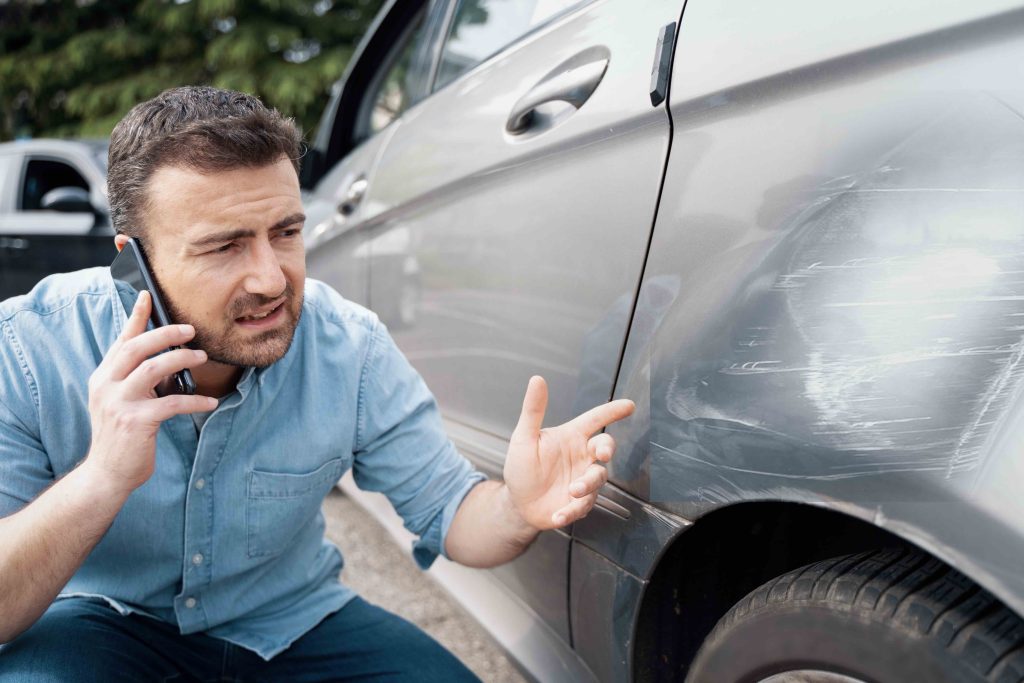
Estimating Market Value for Your Totaled Vehicle
Estimating the market value of a damaged vehicle can be an intimidating process. The first step is to evaluate the damage and any necessary repairs that need to be completed in order to restore it to its original condition. Once you’ve determined what needs to be fixed, research similar vehicles online or check local listings for similar models with comparable mileage and age. This should give you a good idea of what your car might be worth on the open market if it were fully repaired. Additionally, consider factors such as current supply/demand trends, regional pricing variations, and external influences (such as COVID-19) when estimating a fair price for your car. With some research and careful consideration of all relevant details, you should have no problem finding an appropriate estimate for your damaged vehicle’s market value.
Selling or Donating Your Totaled Car
Selling or donating your totaled car can be a great way to get some money back from an accident. First, you’ll need to check with the insurance company that covered the car in order to make sure it’s been officially declared totaled. Once this is done, you may have several options for selling or donating the vehicle. Selling privately will typically require more effort on your part but could result in a better return on investment than other methods like auto auctions or scrap yards. Donating it means giving away the vehicle for free and may potentially offer tax benefits as well as helping out a charity of your choice. Whichever route you decide on, make sure to research thoroughly before making any decisions about what to do with your totaled car!
Click here to donate your totaled car to good will.
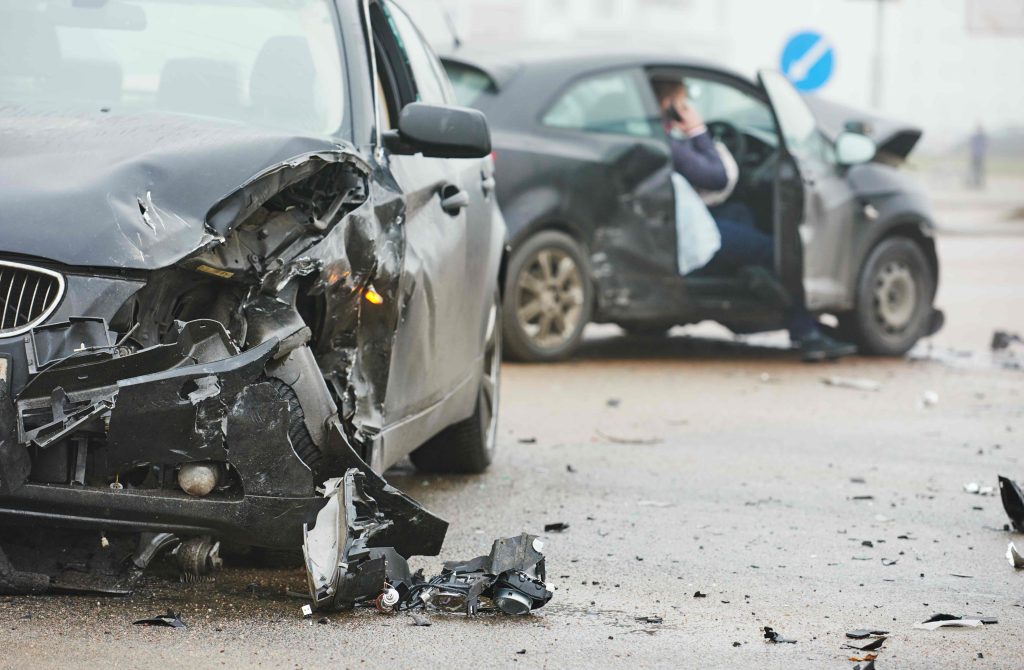
Knowing When It’s Time to Move On
When it comes to knowing when it’s time to move on from a situation, the best thing is to trust your instincts. If you find yourself feeling stagnant or unfulfilled in any particular area of life, it might be worth considering whether this is something that you can continue with for much longer. It may also be helpful to reflect on how long you have been in the same situation and if there are any options available that could provide more satisfaction and growth opportunities. Ultimately, recognizing when it’s time to move on involves taking a step back and assessing both your current reality as well as potential alternatives so that you can make an informed decision about what is best for your overall wellbeing.
Why Do People Steal Catalytic Converters?
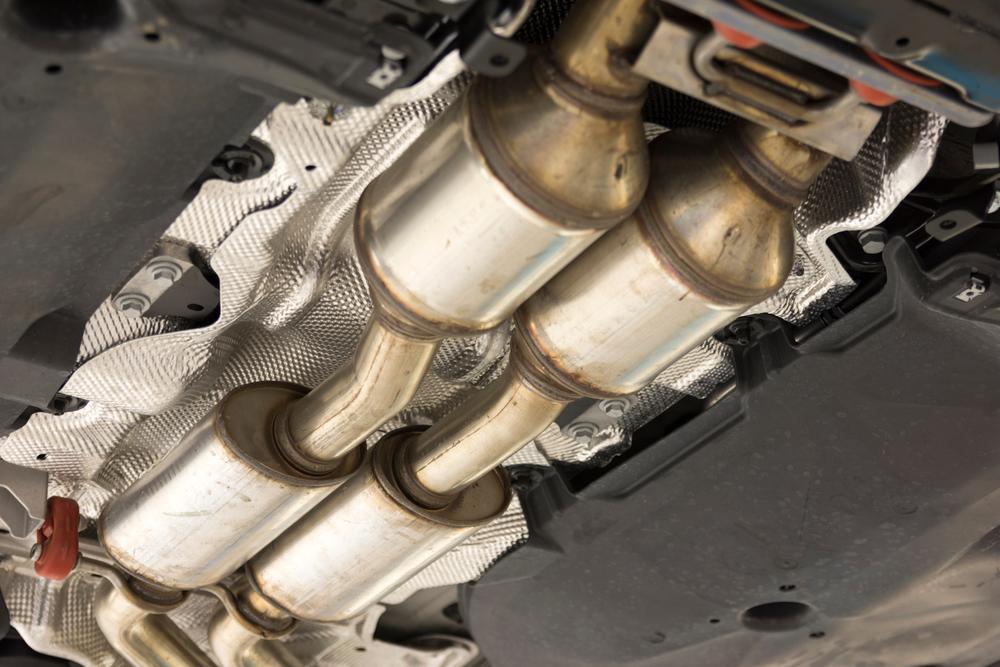
Catalytic converters were invented in the 1950s to help reduce the harmful emission from the car’s combustion engine. Unfortunately, the rate of catalytic converter theft seems to be rising, leaving many people to fork out for a new one.
What Are Catalytic Converters?
A catalytic converter is part of the exhaust system in a car. It takes the harmful emissions from the engine, such as carbon monoxide, nitric oxide, and hydrocarbons, and turns them into less harmful substances, such as carbon dioxide, nitrogen, and water.
Read the rest of this entry »Hello world!
Welcome to WordPress. This is your first post. Edit or delete it, then start writing!



